
The Art of Coping with COVID
Students aren’t always ones to share how they’re feeling—at least, not with their teachers. But that doesn’t stop us from being committed to their emotional

Students aren’t always ones to share how they’re feeling—at least, not with their teachers. But that doesn’t stop us from being committed to their emotional
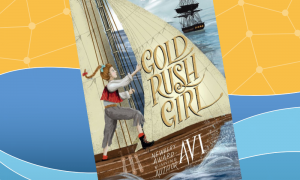
Who’s craving adventure and travel to faraway places right now? The best literature does just that: takes us somewhere new, inspires us to live beyond

Whether we recycle, have an Earth Day party, or forward a YouTube clip of Greta Thunberg to our friends and family, it’s not difficult to
As an education professional and research expert, you know misinformation when you see it. Far harder is teaching our students to leverage the same critical
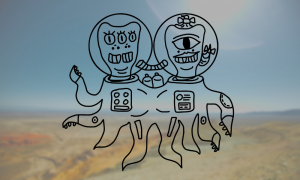
It’s no secret that the vast majority of us get our important information online. From the most reputable news sites to our favorite social media
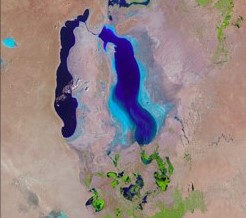
Climate change has been described as a “slow-moving crisis”—one that has developed over decades and requires long-term vision to address. This presents a unique challenge

Great writing invites us to a sensory experience—to see, hear, feel, smell, and taste—and such writing has the power to capture our students’ interest, ignite
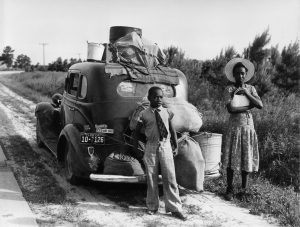
When millions of African Americans left the South for northern cities at the start of the 20th century, they forever changed the social, political, and

The 20th century is remembered fondly for the invention of radio, cinema, and television. However, it was also the era of environmentally toxic household appliances.

Research is the backbone of any academic pursuit—but for many students, it can be a particularly intimidating part of the learning process. Fortunately, digital technology
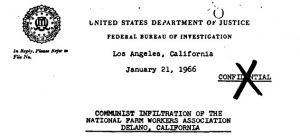
March 31 honors the life and legacy of César Chávez, whose tireless work on behalf of agricultural workers in the 1960s earned him the respect

On February 15, 1898, the USS Maine exploded and sank off the coast of Cuba, killing 260 U.S. sailors. This was bad news for the

The students in our classrooms today have grown up with technologies that were once the stuff of science fiction. Social media apps—and the devices we

To help your students understand the nature of fake news (and spot misinformation themselves), give them historical context with this editorial cartoon from 1898 about
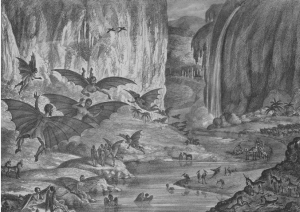
Librarians know that in the 21st century, information literacy is more than just the ability to identify credible sources; to be fully literate, students also
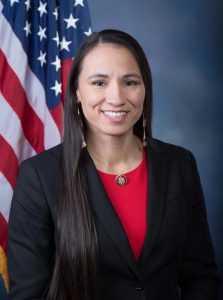
One of our goals as educators is to help our students understand how the world works. But in order to prepare the next generation of

The average age of an American soldier in Vietnam was 19. The majority of U.S. military deaths involved soldiers under the age of 22. Wars

Podcasts might be the most popular way to hear news and entertainment today, but in fact, they’re a retrofitting of the world’s oldest broadcast medium:
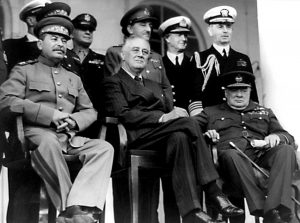
When students think about the end of a war, they may imagine a dramatic and decisive military battle straight out of the movies. But a
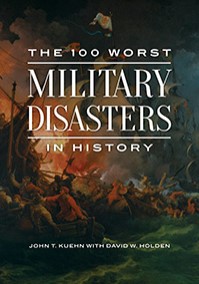
The Japanese attack on Pearl Harbor was the worst naval disaster in U.S. history. The 19th century Taiping Rebellion resulted in more than 20 million